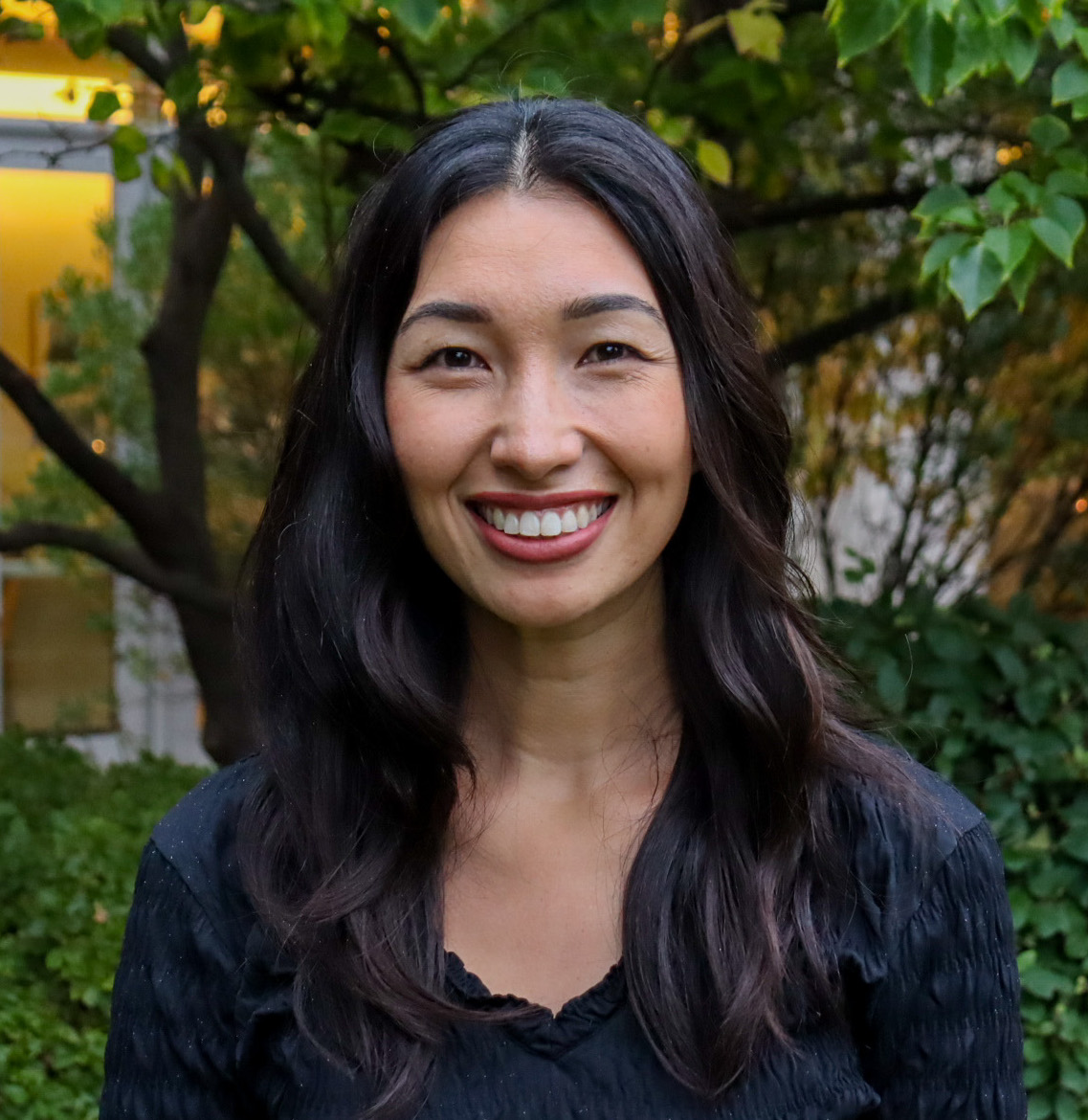
Maddie Chang is a student at Harvard Law School.
In today’s News and Commentary, Seattle becomes the first city in the U.S. to ban caste discrimination, Tesla union’s NLRB charge says their Twitter account has been shadow banned, and New York’s state law protecting worker absences goes into effect.
On Tuesday, Seattle City Council voted 6-1 to outlaw discrimination based on caste, becoming the first U.S. city and first city outside of South Asia to do so. While caste discrimination became officially illegal in India in 1948, violence and discrimination against Dalits persists and affects South Asian communities in the U.S. According to research by Equality Labs, two out of three Dalits surveyed in the U.S. reported being treated unfairly in the workplace, and 25% of Dalits surveyed said they have faced physical or verbal abuse based on their caste. Some scholars and activists understand caste discrimination to already be covered under Title VII. As reported in the AP, Seattle’s ordinance follows a handful of U.S. universities who’ve banned caste discrimination, including against student workers.
As Travis and Greg noted last week, Tesla workers in Buffalo launched a campaign to form a union. The following day, dozens of workers were fired. In the union’s NLRB charge as detailed in Vice, the union also alleges that their Twitter account has been shadow banned. The shadow ban means that the union’s account is unsearchable and their content is less accessible to union members and the wider public. As noted in the NLRB charge, Elon Musk runs both Tesla and Twitter.
A New York state law goes into effect this week that protects workers’ abilities to take absences, as reported in Politico. Absences such as sickness, disability, pregnancy, caregiving obligations, domestic violence leave, jury duty, voting, and donating blood are all protected under this amendment to section 215 of the New York Labor Law. The amendment mandates that employers not “threaten, penalize, discriminate, or retaliate against employees for using absences protected under federal, state, or local law” and allows the New York State Department of Labor to impose civil penalties on employers who violate the policy.






Daily News & Commentary
Start your day with our roundup of the latest labor developments. See all
July 4
The DOL scraps a Biden-era proposed rule to end subminimum wages for disabled workers; millions will lose access to Medicaid and SNAP due to new proof of work requirements; and states step up in the noncompete policy space.
July 3
California compromises with unions on housing; 11th Circuit rules against transgender teacher; Harvard removes hundreds from grad student union.
July 2
Block, Nanda, and Nayak argue that the NLRA is under attack, harming democracy; the EEOC files a motion to dismiss a lawsuit brought by former EEOC Commissioner Jocelyn Samuels; and SEIU Local 1000 strikes an agreement with the State of California to delay the state's return-to-office executive order for state workers.
July 1
In today’s news and commentary, the Department of Labor proposes to roll back minimum wage and overtime protections for home care workers, a federal judge dismissed a lawsuit by public defenders over a union’s Gaza statements, and Philadelphia’s largest municipal union is on strike for first time in nearly 40 years. On Monday, the U.S. […]
June 30
Antidiscrimination scholars question McDonnell Douglas, George Washington University Hospital bargained in bad faith, and NY regulators defend LPA dispensary law.
June 29
In today’s news and commentary, Trump v. CASA restricts nationwide injunctions, a preliminary injunction continues to stop DOL from shutting down Job Corps, and the minimum wage is set to rise in multiple cities and states. On Friday, the Supreme Court held in Trump v. CASA that universal injunctions “likely exceed the equitable authority that […]